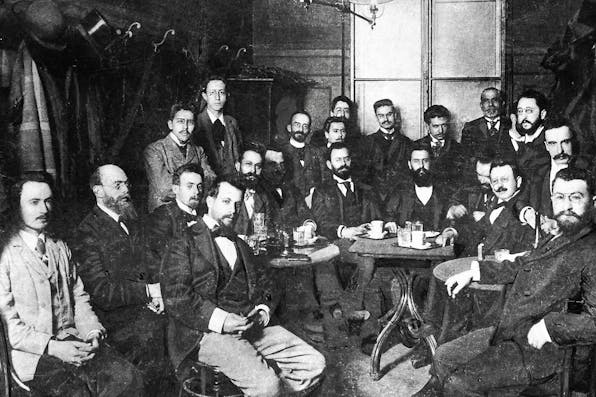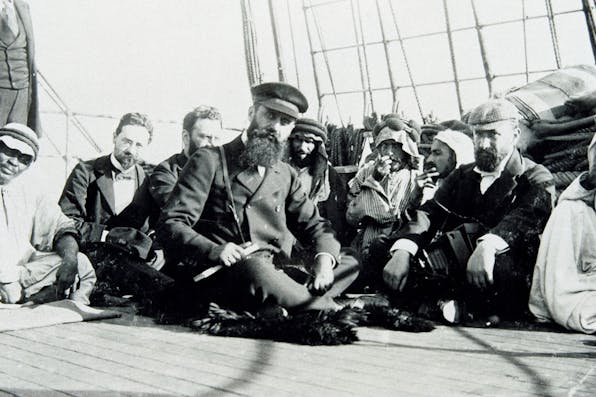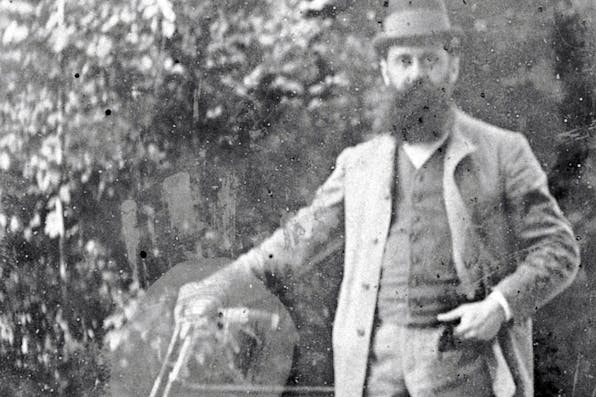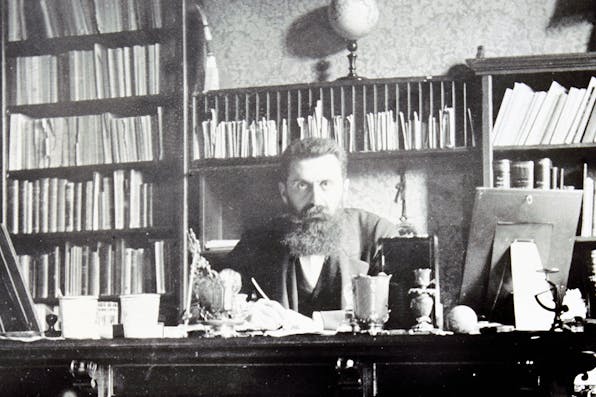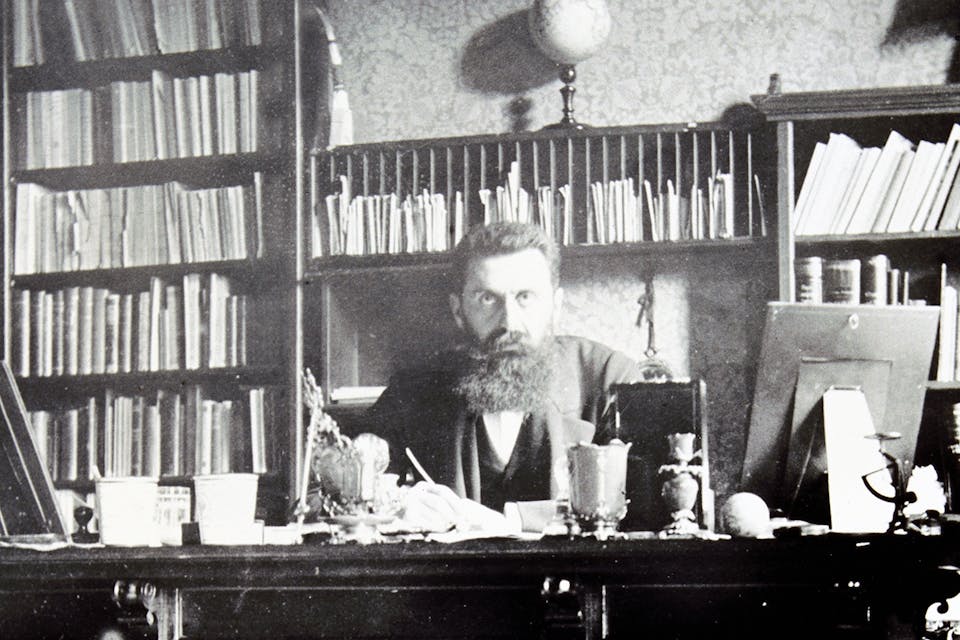
January 27, 2021
The Mystery of the So-Called “New Moses” Endures
We should appreciate Theodor Herzl's lightning-storm emergence, even if we'll never really know what caused it.
I am grateful to Mosaic for providing this forum on the seminal figure of modern Jewish history, on the 125th anniversary of the publication of The Jewish State. I appreciate as well the three responses to my essay: Derek Penslar’s psychological speculation, Daniel Polisar’s masterful analysis of why Herzl succeeded where Leon Pinsker failed, and Anita Shapira’s elegant summary of Herzl’s Zionist career. I will address each of them in order.
Derek Penslar suggests that I am wrong to characterize Herzl’s story as a mystery. He proffers a psychogenic explanation of his life and death: that Herzl’s transformation into a Zionist arose from “an episode of mania” in 1895, part of his “life-long struggle with depression.” While Zionism cemented his “fragile persona,” his “desperate search to relieve” his depression “continued to afflict [him] throughout his adult life,” until the “inner turmoil” killed him: “the contradictions between what he was and what he wanted to be . . . brought him to an untimely end.”
The more likely cause of Herzl’s early death, however, was his relentless effort in pursuit of a Jewish state while suffering from a congenital heart condition. In his 1989 review of Ernst Pawel’s Herzl biography, Peter Loewenberg, a UCLA historian, political psychologist, and practicing psychoanalyst, wrote:
